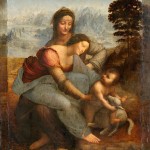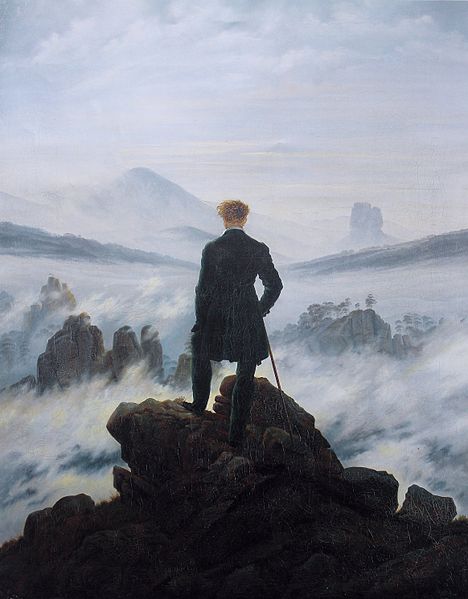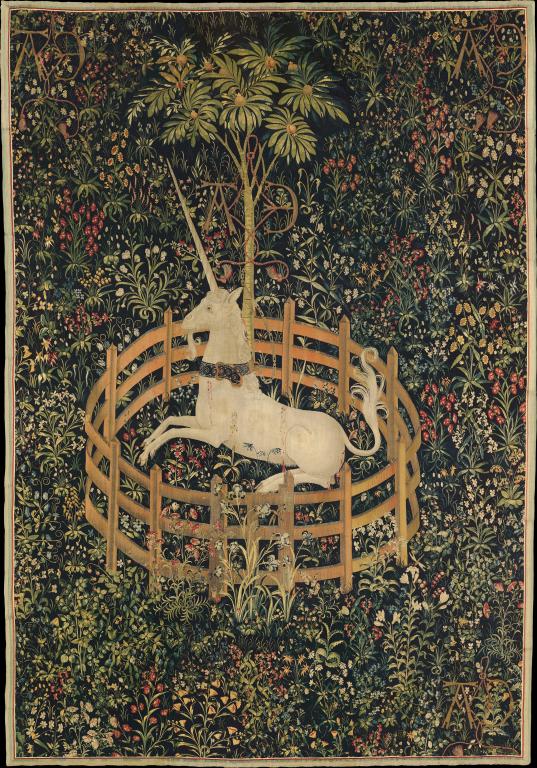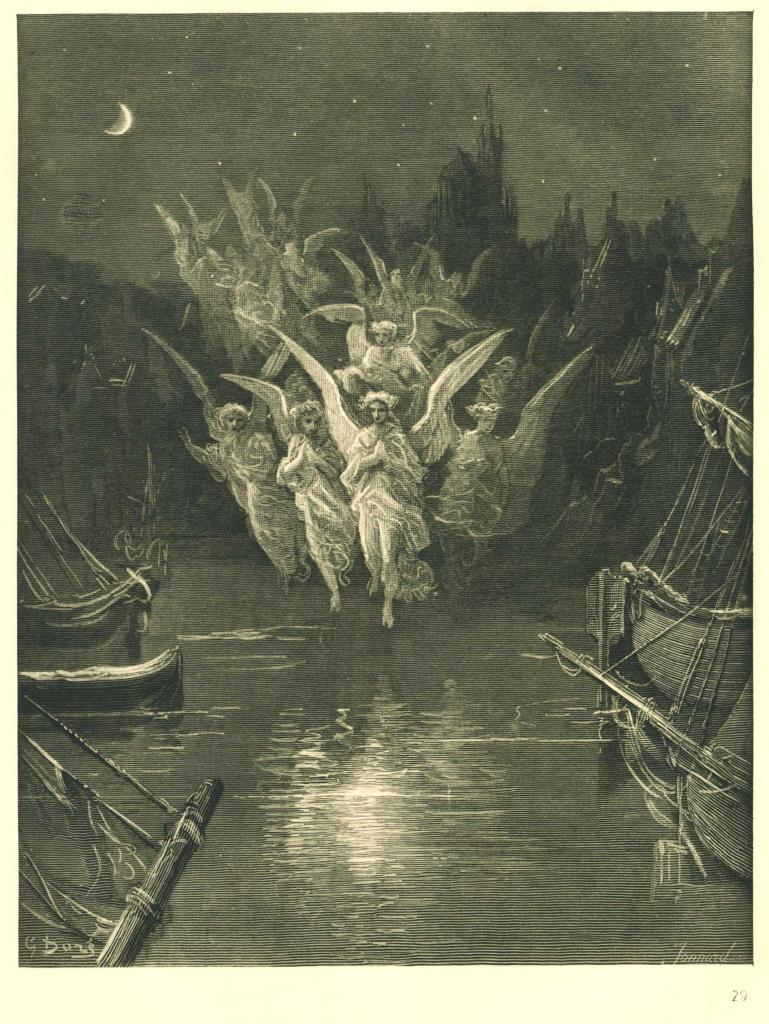David Russell Mosley
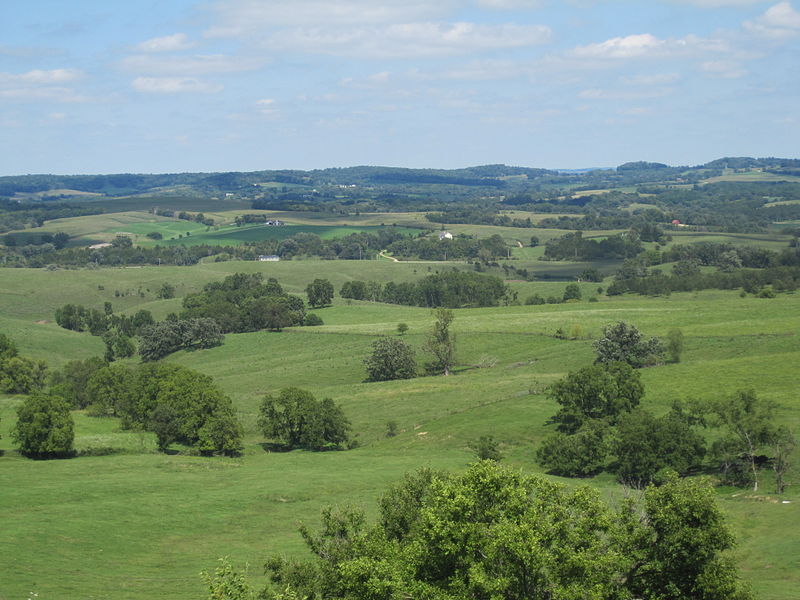
Date 24 August 2009, 14:07:39 (according to Exif data); August 2009
Source Own work
Author User: (WT-shared) Ethajek at wts wikivoyage
Ordinary Time
Seventeenth Sunday in Ordinary Time
The Edge of Elfland
Hudson, New Hampshire
Dear Readers,
Last week my family got a chance to do something we haven’t done in five years. We visited my home state of Illinois. While travelling with twin two year olds might really warrant its own letter, I want to focus instead on how living in the Midwest helped form my imagination.
As my dad drove us down from Chicago to my hometown of Jacksonville (sadly not while listening to Sufjan Stevens’ excellent album, “Come on and Feel the Illinois”), I was struck by just how beautiful the state of Illinois really is. Having lived on the edge of the Peak District in England and now living in the Granite State, I had grown accustomed to trees and mountains obscuring my view of the horizon. This, of course, has its own beauty. Yet, as we traveled down 355, the sky went on forever and I realized that I had missed an obstructed view of the sky. It was beautiful, stunning, sublime. One day when we were driving around I started pointing out what all the clouds looked like to Lauren (she usually agreed with me). I had forgotten how much I loved looking for shapes in the sky. Sure this is possible just about everywhere, but in the Midwest, where the sky is seemingly infinite, it is certainly easier.
The sky continued on and so I turned my attention to the small copses and large hills (which are really just regular hills, but they seem large in flat Illinois) off in the distance. As I watched them go by I was reminded of something C. S. Lewis wrote in his Surprised by Joy. Lewis remembered being able to see far off mountains and how now, as an adult, he was grateful that his family did not own a car. In this way those mountains remained remote and ripe for Lewis’ childhood imagination. Since he couldn’t visit the mountains he could imagine them however he wanted. This, for me, was the small copses that sped by as my family drove in the car. Sure, I suppose we could have visited them, but since most were likely on private property, that would have been a bad idea. So, they became ripe for my own imagination. To this day, when I imagine a forest, it is often just a larger version of these small copses I saw as a child.
Of course, I couldn’t drive through half the state of Illinois without noticing the farms. Here, I must admit, my feelings became conflicted. On the one hand, these large corn or soybean fields have their own unending beauty. Like the sky, they seem to go on forever and this conveys a sense of beauty, especially the tall stalks of corn. However, I must admit that here I wished I could see something different. Rather than fields of unending corn or soy with only one house on the land, I wish I could have seen small, biodiverse farms and many families farming them. Something tells me that by so doing Illinois would be able to grow most if not all of its own produce and still have plenty to sell out of state.
So the sky, the copses, and the farms, these three, and more I’m sure, helped form my imagination. But I had forgotten. I needed to travel and then return home to remember. There’s an excellent essay by G.K. Chesterton called “The Riddle of the Ivy.” In it Chesterton relates a conversation he had with a friend while he prepared for a holiday:
“One day, as I was leaving London for a holiday, a friend walked into my flat in Battersea and found me surrounded with half-packed luggage.
“‘You seem to be off on your travels,’ he said. ‘Where are you going?’
With a strap between my teeth I replied, ‘To Battersea.’
‘The wit of your remark,’ he said, ‘wholly escapes me.’
‘I am going to Battersea,’ I repeated, ‘to Battersea viâ Paris, Belfort, Heidelberg, and Frankfort….’
‘I suppose it is unnecessary to tell you,’ said my friend with an air of intellectual compassion, ‘that this is Battersea?’
‘It is quite unnecessary,’ I said, ‘and quite spiritually untrue. I cannot see any Battersea here; I cannot see any London or any England. I cannot see that door. I cannot see that chair: because a cloud of sleep and custom has come across my eyes. The only way to get back to them is to go somewhere else; and that is the real object of travel and the real pleasure of holidays…. I am seeking Battersea. The whole object of travel is not to set foot on foreign lands; it is at last to set foot in one’s own country as a foreign land'” (G. K. Chesterton, ‘The Riddle of the Ivy,’ Tremendous Trifles (London: Methuen & Co. LTD., 1920), 203-4.).
Chesterton, notes that life can cause us not to see or know the things around us anymore. Travel can help us see the familiar as if we were seeing it for the first time. I have argued before, and elsewhere, that this is what poetry and fantasy (really all creative, fictive art) can do for us. When I went home for the first time in five years I got to see it as if I were a foreigner and for that I am grateful. I got to see how home had formed my imagination just as much as the books I had read. I got to see the beauty inherent to the Midwest that I feel so many miss. I also got to see what I believe to be the evils of the Midwest. This is what being away from home for five years was able to do for me. While I don’t recommend being gone from home that long, it certainly was beneficial. Even though I love England and New England; mountains and oceans and forests; I will always love the Midwest, it is written into my bones.
Sincerely,
David


